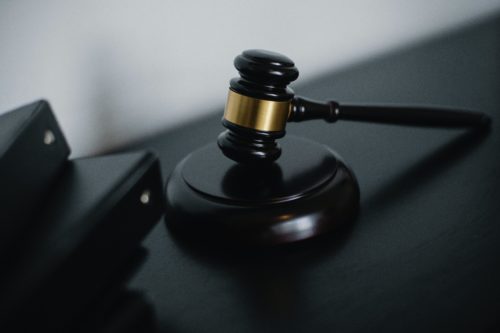
In the state of New Jersey, an individual is considered a child until they reach the age of 18 years old. People over this age who commit crimes are tried as adults within the regular court system. However, it is possible for a child under the age of 18 to commit a crime as well. When this happens, it is known as juvenile delinquency. These situations may involve criminal activity, a disorderly persons offense, a petty disorderly persons offense, or a violation of a penal statute, ordinance, or regulation. It is important to know that, in New Jersey, all juvenile offenders are required to have legal representation. Parents or guardians should contact an experienced attorney who can fight for the rights of their children. In the event that they cannot afford representation, a public defender can be requested. Please continue reading and reach out to our seasoned Bergen County criminal defense lawyer to learn more about juvenile crimes and how we can help if you or a loved one has been charged with one.
What are the potential penalties for juvenile crimes in New Jersey?
It is a difficult situation for a court to impose consequences on a child. In most cases, the court wants the best for the child so that they can right their wrong and grow up to be productive members of society. It is because of this that the goal of a juvenile case is to hold a child accountable for their actions and rehabilitate them.
During the process, the court works to determine whether or not the child is guilty of the crime they are accused of. The case can be handled in several ways, including a Juvenile Conference Committee or Intake Services Conference, a juvenile referee or informal court, or a formal court. If the child is found guilty, they can face the following consequences:
- Community service
- Fines
- Probation
- Release to a parent or guardian
- Required support services or parental involvement
- Residential mental health and/or substance abuse and alcohol treatment
- Restitution
- Transfer of custody
- Secure confinement/incarceration
- A suspended driver’s license
- Mandatory programs (work, outdoor, academic, vocational)
Can a Juvenile be Tried as an Adult?
Typically, New Jersey courts adjudicate minors under the age of 18 in the juvenile court system. These punishments are usually less severe so they focus on the rehabilitation of the child. However, it is important to know that there are some circumstances in which a juvenile may be transferred to adult court. As of March 2016, only minors over the age of 14 can be transferred to adult courts. When this happens, children are subject to much harsher consequences. This is only the case if they were charged with one or more qualifying offenses, including:
- Criminal homicide
- Armed robbery/first-degree robbery
- Sexual assault/aggravated sexual assault
- Second-degree aggravated assault
- Aggravated arson
- Kidnapping
- Possession of a firearm while committing another offense or with the intent to harm another person
- Attempt or conspiracy to commit any of these crimes listed above
CONTACT OUR EXPERIENCED NEW JERSEY FIRM
Whether you’re facing sex crime charges, require assistance filing for bankruptcy, or are looking to go through foreclosure mediation, Contact the Law Office Boyd & Squitieri today.